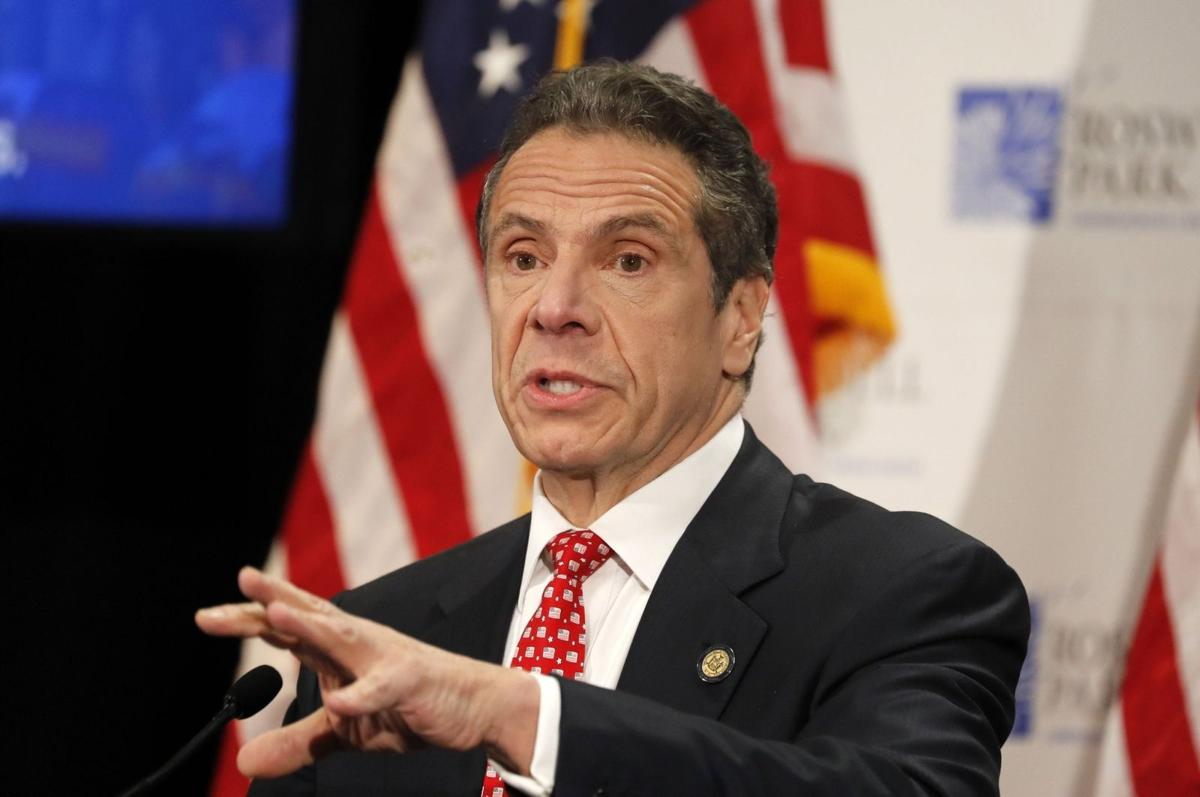Governor Cuomo recently reached a deal with state legislators to institute a whopping $212 billion budget, increasing taxes on corporations and high-income earners in our state. Taxes are set to be higher than any other state in the county. How will this benefit New York State and CUNY in the long term?
Funding for CUNY and SUNY has long been a critical issue, even before the coronavirus pandemic. Expenses, including facilities maintenance, The Empire Scholarship, and the cost of retaining talent continue to rise, often exceeding the rate of inflation. Many unions, including the United University Professions and the NY State Nurses Association, have pushed for higher taxes on corporations and big earners.
The new rates of state tax affect single filers who earn more than $1.1 million; members of this cohort will see an increase from 8.82% to 9.65%. Those in the $5-25 million bracket would see a 10.3% tax rate, while those earning over $25 million will be subject to a 10.9% tax rate.
This enormous tax increase is nothing new to New Yorkers. New York has historically turned to the wealthy and increased their taxes in the wake of economic downturns. The wealthy were taxed 2% extra by Governor Herbert Lehman during the Great Depression. Similarly, during the 1958 “Eisenhower Recession” the wealthy were taxed an additional 3% by Governor Nelson Rockefeller which soon became 4.9% in 1961. More recently, after 9/11 the wealthy saw a 1.1% tax increase and another 1.1% increase during the 2009 Great Recession, known as the first Millionaire’s Tax in New York State.
New York City residents must also pay a city income tax, one of the few of its kind in the country. Those with the highest income can see a combined City and State tax of up to 14.8%, surpassing the highest rate of 13.3% in California (Tax Foundation). The wealthiest New Yorkers could see a combined federal, state, and city tax rate of 51.8% (Bloomberg Wealth). Consequently, Texas and Florida are hot spots for New Yorkers since there is no income tax. Many former New Yorkers have sighted the immediate 14.8% in savings as a reason to flee the state. As wealthy New Yorkers fled to the Hamptons and other tax havens amid the pandemic, Governor Cuomo practically begged them to return. “‘We’ll go to dinner, I’ll buy you a drink, come over, I’ll cook,’” Cuomo said in a press conference in August 2020.
New York expects to raise $4.3 billion in additional revenue annually. Part of their current plan is to have an 11% increase in School Aid ($29.5 Billion). $7.7 billion, a 4% increase, will be allocated to Higher Education. This Enacted Budget will support SUNY and CUNY with over $1 billion new capital funding. New York colleges will receive a direct Federal stimulus of approximately $5.4 billion. Public colleges can expect $3.4 billion and private colleges $2 billion. Over the next 2-3 years CUNY and SUNY will have a remaining stimulus fund of nearly $3 billion.
The support of increasing the tax on the wealthy and major corporations shows that New Yorkers are eager to improve public services, including education and healthcare. Whether it is hiking up taxes or improving outdated policies, New Yorkers and local politicians are turning to progressive ideas to make these necessary changes. Will the higher taxes generate more long-term revenue, or cause the richest New Yorkers to flee our state? Only time will tell.











